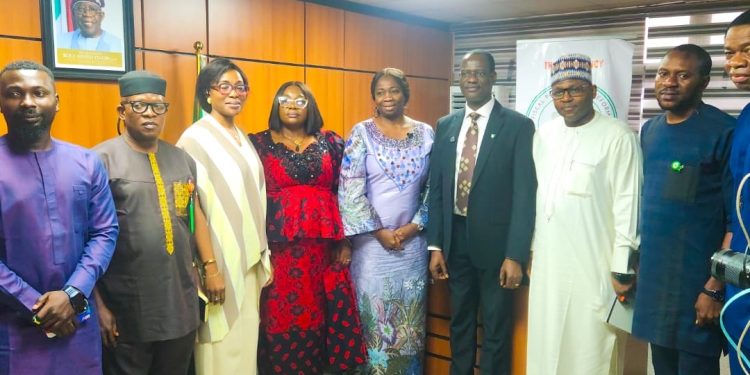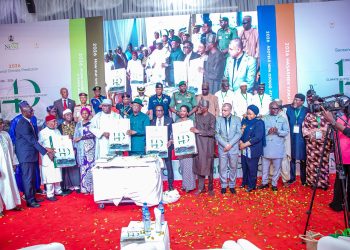The Chairman of the Presidential Fiscal Policy and Tax Reforms Committee, Mr. Taiwo Oyedele, has assured Nigerians in the diaspora that the Federal Government’s ongoing fiscal and tax reforms are designed to be protective, investor-friendly, and focused on promoting national growth and economic stability.
Speaking during a joint virtual meeting with the Chairman/CEO of the Nigerians in Diaspora Commission (NiDCOM), Hon. Abike Dabiri-Erewa, Mr. Oyedele stated that the reforms will introduce tax holidays, incentives, and exemptions beneficial to Nigerians at home and abroad. The meeting, which brought together diaspora participants from different parts of the world, was organised to clarify widespread misinformation concerning the impact of the fiscal reforms on the Nigerian diaspora community.
In an official statement signed by Gabriel Odu of the Media and Public Relations Unit NiDCOM, disclosed that the session provided an opportunity for direct engagement between the reform committee and Nigerians living abroad, especially regarding how the new tax framework aligns with their interests and contributions to national development.
Hon. Abike Dabiri-Erewa, in her remarks, described Nigerians in the diaspora as “strategic and major contributors to national development,” noting that it was important to ensure they are fully informed about the fiscal policy and tax reform laws scheduled to take effect in January 2026.
She said the engagement was necessary to dispel fears and clarify the implications of the reforms on diaspora remittances, investments, and property ownership in Nigeria.
Mr. Oyedele explained that the fiscal and tax reforms were people-centric, growth-focused, and efficiency-driven, stressing that they aim to stimulate economic activity, encourage investment, and improve ease of doing business.
According to him, the reform package includes exemptions and reductions in Withholding Tax (WHT) rates, higher exemption thresholds for small businesses, the elimination of taxes on investment income and capital, incentive rationalisation, and reduction of VAT burdens to address long-standing structural and fiscal constraints.
During the interactive session, several issues and misconceptions were raised by participants, including concerns about possible taxation of remittances, double taxation for Nigerians abroad, the impact on non-resident taxation, small businesses, real estate investments, and retirees with properties in Nigeria.
Responding to these concerns, Mr. Oyedele assured that remittances and diaspora incomes will not be taxed, emphasising that the government remains committed to creating a business-friendly environment and attracting investment into the country.
“There is no cause for alarm. The reforms are not punitive but designed to simplify, harmonise, and make Nigeria’s fiscal system more transparent and efficient. Nigeria remains one of the most promising destinations for investment and business in Africa,” he said.
The meeting concluded with both parties reaffirming their commitment to sustained dialogue with the diaspora community to ensure continuous clarity, inclusion, and mutual understanding as the new fiscal reforms take shape.
The full recording of the two-hour virtual session can be accessed via the following link: https://youtu.be/c4NhEs2XEqk?si=s4_lqGtso7pJzjdw.

















